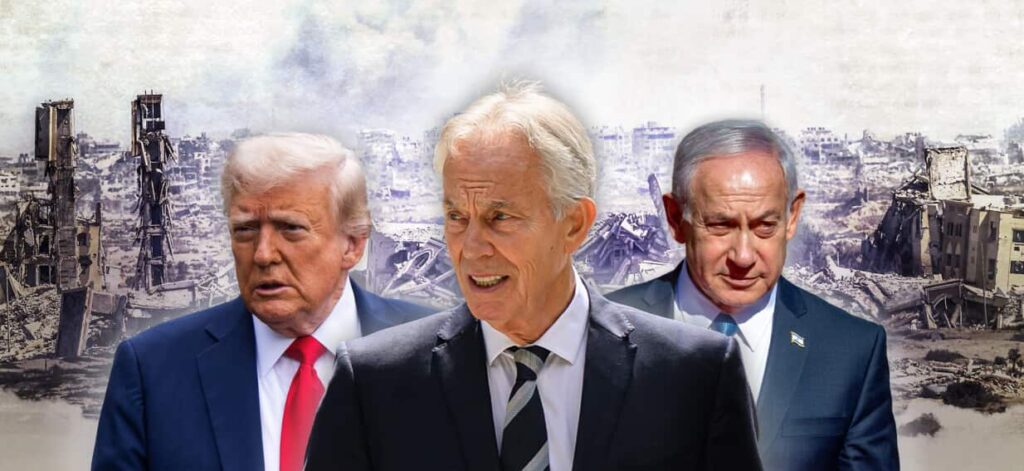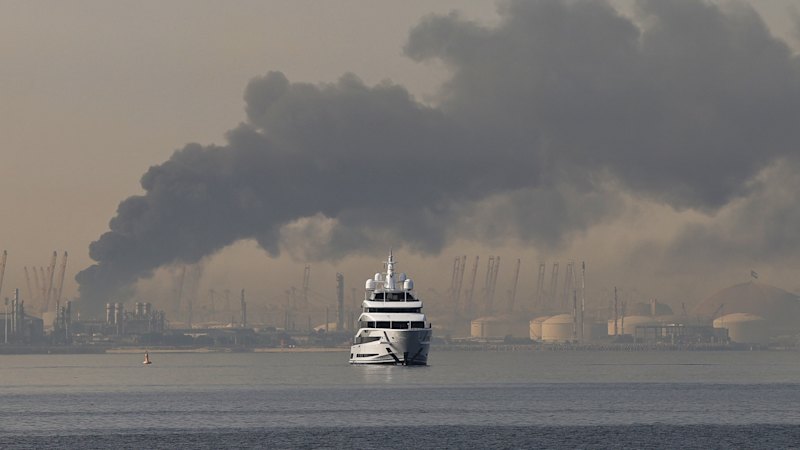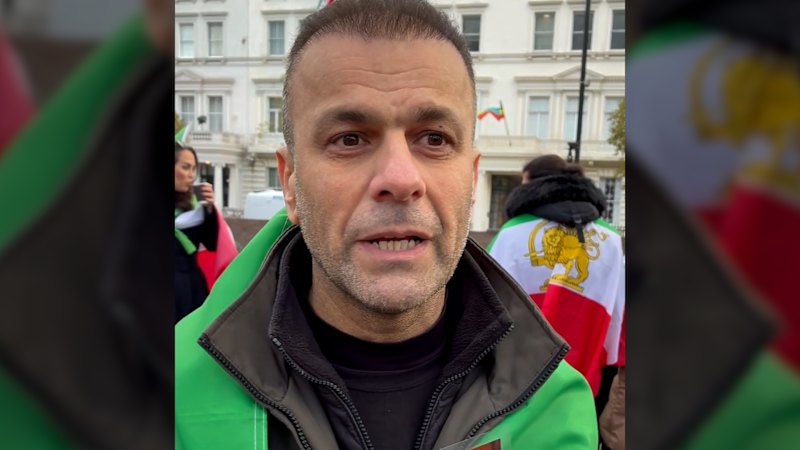
Former British Prime Minister Tony Blair is reportedly positioning himself to play a significant role in the reconstruction of Gaza following the latest conflict. With much of the region in ruins and a large number of Palestinians displaced, the prospect of Blair leading an international effort has garnered attention, particularly due to his reported support from US President Donald Trump.
Gaza has suffered extensive damage due to ongoing military actions, and discussions about governance in a post-war scenario have become increasingly urgent. The situation is further complicated by stagnant peace talks between Hamas and Israel, leaving many to wonder who would effectively lead reconstruction efforts if Hamas were to be ousted from power.
Blair has experience in Middle Eastern diplomacy, having served as the envoy for the US, European Union, Russia, and the United Nations—collectively known as the Quartet—after leaving office in 2007. His focus during that time was on fostering a Palestinian state and advocating for a two-state solution.
Recent reports indicate that Blair aims to chair a proposed Gaza International Transitional Authority (GITA), which would oversee the region’s reconstruction and eventually be replaced by the Palestinian Authority (PA). This plan includes calls for the PA to reform its constitution and hold elections for new leadership. The goal is to unify Palestinian territories under PA governance.
During a visit to London, Australian Prime Minister Anthony Albanese praised Blair’s past involvement in Middle Eastern affairs, stating, “Tony Blair is someone who’s always played a constructive role. He’s someone who does look for solutions.” Albanese’s comments underline the perception that Blair’s engagement could facilitate progress in the region.
Yet, Blair’s potential appointment has elicited mixed reactions. Srinjoy Bose, an associate professor of international relations at the University of NSW, noted that while Blair’s engagement aligns with current US interests, it could be controversial in other parts of the world. “He has an incredibly controversial history because he advocated the invasion and occupation of Iraq based on false claims,” Bose stated.
The Chilcot Inquiry in 2016 criticized Blair’s government for its decision to go to war in Iraq before exhausting peaceful options and for failing to have a coherent post-invasion strategy. This history complicates his potential role in Gaza, where many view him as a controversial figure.
“Most Palestinians view Tony Blair as a war criminal responsible in part for the Iraq war,” said Simon Frankel Pratt, a senior lecturer at the University of Melbourne. He added that Blair’s previous efforts as part of the Quartet did not resonate well with Palestinian people.
The GITA proposal is part of a broader 21-point peace plan that diverges significantly from Trump’s previous vision for Gaza. Earlier this year, Trump suggested transforming Gaza into the “Riviera of the Middle East” under US control, a concept that received widespread criticism from Arab leaders.
Unlike the earlier proposal, the current peace plan emphasizes humanitarian concerns, calling for the release of 48 hostages held in Gaza in exchange for humanitarian aid and the cessation of hostilities. The plan also seeks to disarm Hamas while promising that no Palestinians will be forced from their homes.
Bose commented on the implications of US support for Blair, suggesting it might signal a shift in Trump’s approach, though he cautioned about the unpredictability of the former president. “Trump is constantly changing his position on various topics and issues,” Bose noted.
Pratt raised concerns about how Palestinians might react to a plan that appears to sideline the PA, indicating that many would find it unacceptable for crucial decisions in Gaza to be made by an international body largely composed of foreign representatives.
He pointed out that Israeli Prime Minister Benjamin Netanyahu would likely have significant influence over the plan’s success, as any arrangement that does not immediately transfer control to the PA could be more palatable to the current Israeli government, which insists on retaining security oversight in Gaza.
As discussions progress, the future of governance in Gaza remains a contentious issue. The coming weeks will be crucial in determining how international actors, including Blair, will navigate the complex landscape of Palestinian politics and the ongoing humanitarian crisis.






